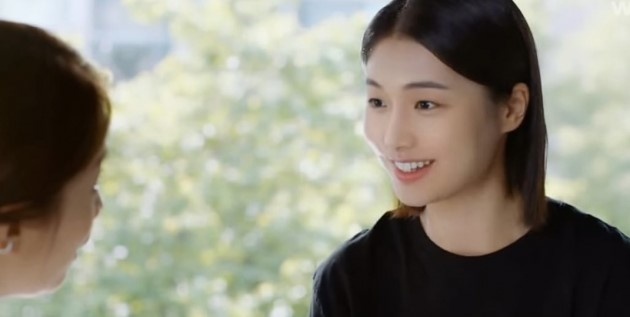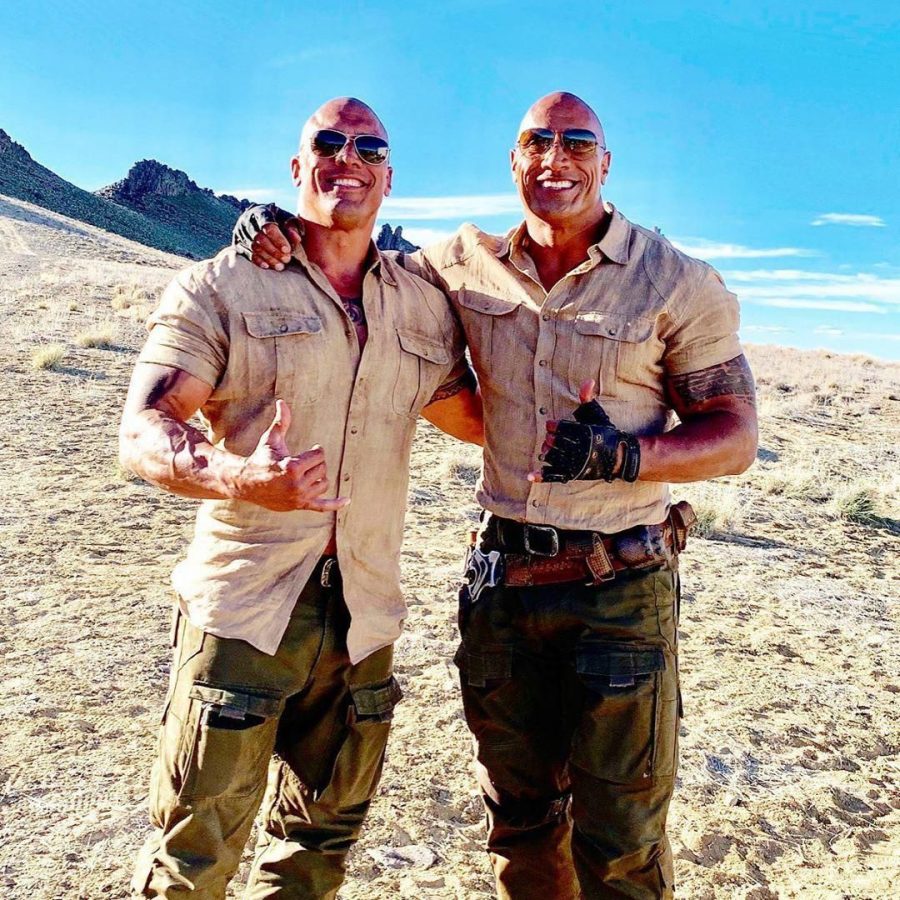AI (Artificial Intelligence) is no longer fiction, but beyond that, AI is directly impacting many aspects of the film industry: from shaping, choosing actors, writing the script to assisting in the production and even predicting the success of the movie.
AI roles in the film industry:
1. Writing script:
Filmmakers can use AI to assist them in writing movie script, by providing a large volume of data in the form of movie scripts, AI algorithms will analyze the data, learn from it, and then create unique scenarios. This makes the scripting process faster, saving lots of time and resources.
In fact, there have been many movies/screenplays written in AI that have been introduced to the audience in recent years. Typically, the short film “Do you love me” co-written by AI was released in 2016, or the science fiction film “Sunspring” was written by an AI named Benjamin.
‘Do You Love Me’, a film by Cleverbot
2. Choosing and creating virtual actors
AI technology can speed up casting by organizing casting sessions automatically. Based on the specified criteria, the AI will search for the suitable actor in the stored database.
Besides, AI is also currently being applied in the creation of different digital characters. Typically, in August 2022, the Korean film market released a web drama called Bad girlfriend. It is worth noting that the actor created through artificial intelligence AI appeared with a supporting role in the film.
A representative of Dexter Studio – the film’s production unit said, in the future, real actors will have the ability to work alongside virtual actors. Not just limited to web dramas, AI actors will be able to appear on TV productions and even the big screen in the near future.

3. Replace actors’ faces (deepfake)
Originating from a Reddit user named “deepfakes”, deepfake technology is rapidly evolving and becoming increasingly hard to tell the differences between the “deepfake” with the real actors. Basically, deepfake technology will capture a high-quality image of a certain object’s face, then completely replace it with another person’s face in the video.
The most visible potential of deepfakes for the film industry is the face-swapping of the main actor and the stuntman. However, it also raises many questions for the audience, such as whether famous actors can take advantage of their faces to make money by getting in more movies but less actual working on set? Not to mention the problems of impersonating for bad purposes.

According to the Telegraph, action movie legend Bruce Willis became the first Hollywood actor allows Deepfake company to use his face for acting purposes.
4. Producing movie’s Original Soundtrack
While there are still doubts and controversies surrounding AI-generated music, AI-powered music creation tools are now improving and becoming more popular. With reinforcement learning algorithm, AI can analyze the data based on the situation in the movie, thereby “compose” the appropriate background soundtrack.
So what’s the weakness of AI-generated music? According to listeners, although the AI’s melody is quite easy to listen to and has its own uniqueness, but the more you listen to it, the more it feels like it doesn’t have a “soul” at all! However, at least for now, AI can gather audio resources and simulate melodies from original works. As a result, the work of composing the soundtrack can be greatly reduced!
5. Predicting movie’s success
By analyzing the script of a movie, the AI can also predict the potential revenue of that movie. Although predictions from AI algorithms are not always accurate, but major studios are increasingly interested in this feature.
For example, Warner Bros partnered with technology company “Cinelytic” to predict the box office success of its films. Another example, 20th Century Fox integrated Merlin system that uses AI and machine learning to match movies to specific genres and audiences, as well as provide complete demographic information for movie’s targeting audiences. Sony Pictures also uses the AI ScriptBook system for its movies.
Big studios are applying AI into their business
The limitations of AI
According to Norwegian filmmaker, Tonje Hessen Schei, AI may revolutionize the film industry and other types of media consumption, but humans must maintain control over storytelling. “It’s critical that we stay human storytellers and don’t just run our tales through machine learning,” she added. “The finest work in the world is generated by human mistake, as well as the wonderful dream that we have”.
It is clear that AI may soon surpass the production and editing aspects of the filmmaking process. But the biggest limitation of AI is emotional communication, therefore, lacking human emotion to tell touching stories.
AI can be helpful on the visual effects side and repetitive, mundane tasks so humans don’t have to. AI is always there to reduce the time for producing and freeing up employees to do more creative tasks but it obviously doesn’t have emotion to write script for “oscar-winning” movies.
Can AI “Kill” the creativity in the film industry?
AI has influenced many industries: from production and business to artistic fields such as composing, painting… we always doubt whether we will get replaced by AI someday.
The potential of AI may seem limitless. However, no matter how advanced the technology, it will still be difficult to achieve 100% accuracy. An autonomous car can sense all obstacles, but human emotions and experiences are extremely unpredictable. When evaluating a movie, the problem of good – bad always depends on the subjective feelings of each person. This has made the concept of a “good” movie more abstract and depends on people’s feelings.
However, in any field, there are “common predictions”. For example, AI has accurately predicted most of the Oscar-winning films in the 2017 and 2018 season. This shows that AI can assess the trend of this art.
Will AI kill the artistry in the film industry? This question will probably remain open for many years to come. And if we go back to the past, we have a lot of evidence that true art always has its own place. At the moment, AI is at its best when taking on the role as support tools.
Credit: Techie
